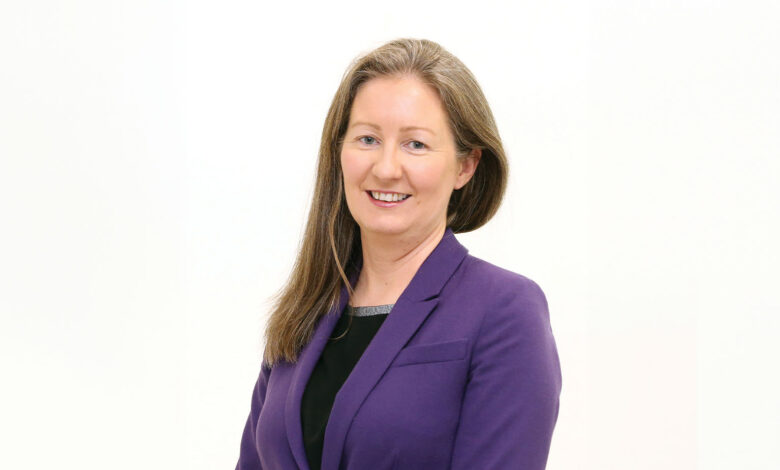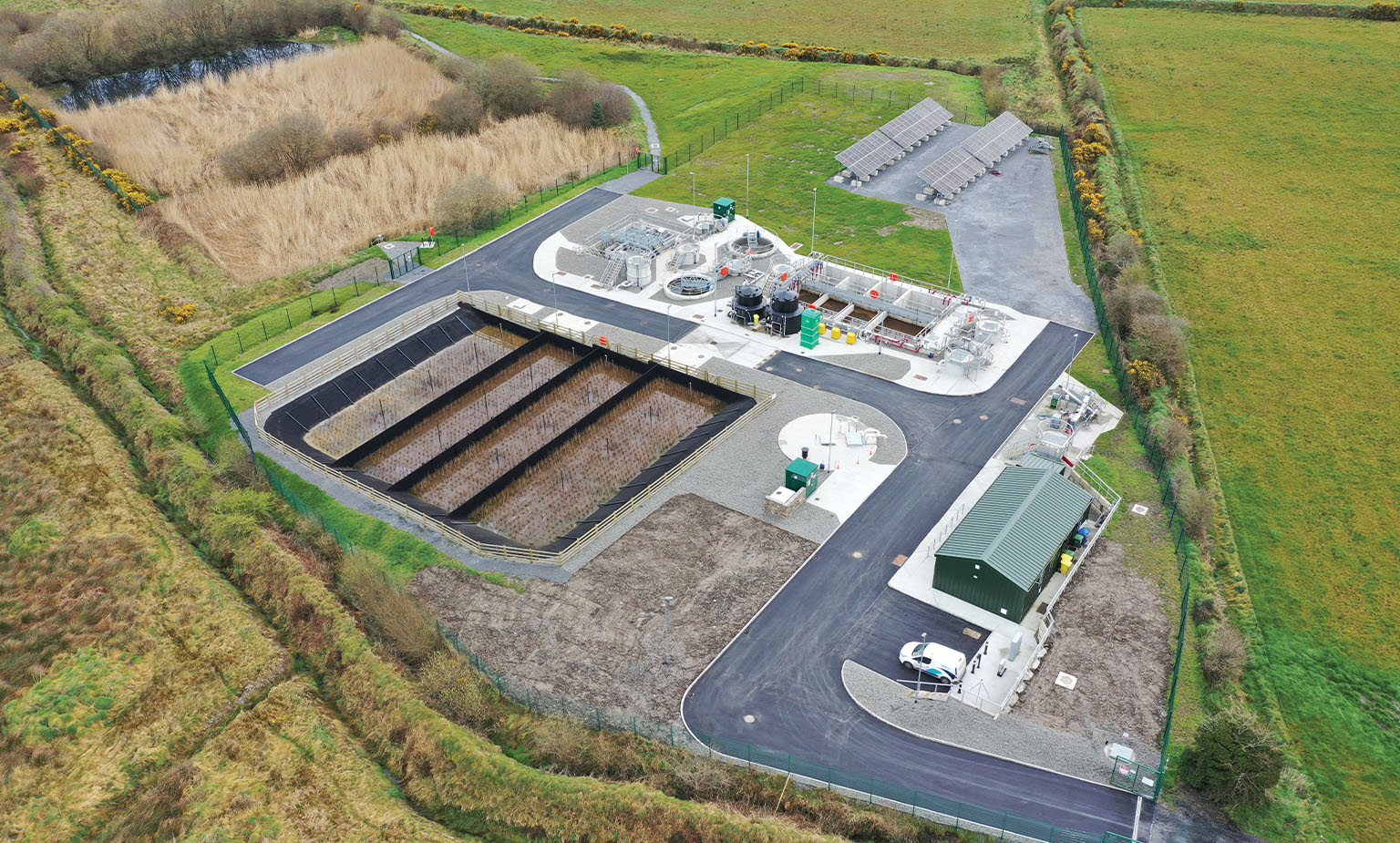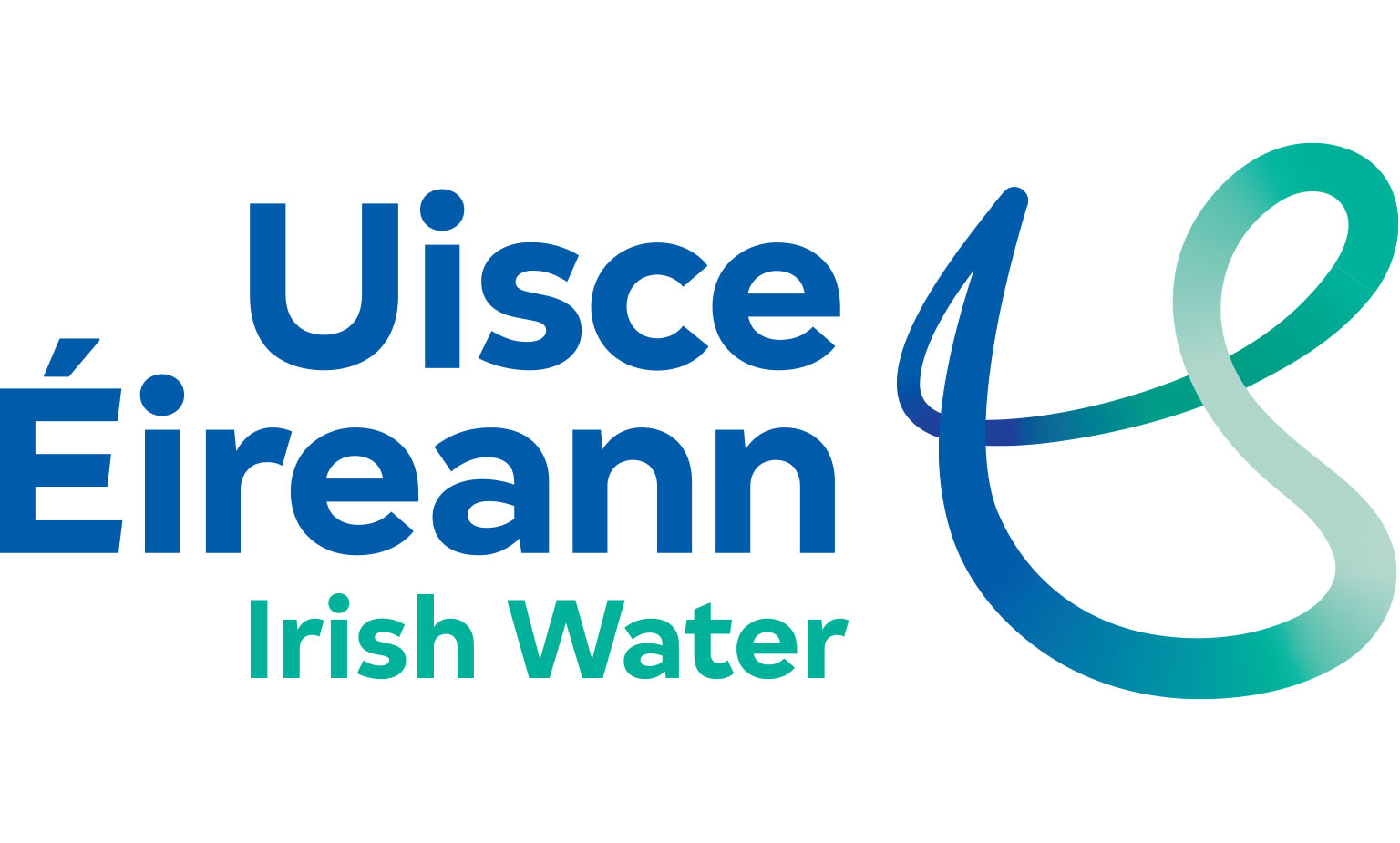Delivering transformative water services

With over 25 years of industry experience, Maria O’Dwyer is taking on the role as Uisce Éireann’s Infrastructure Delivery Director with a steadfast focus on delivering transformative water services that enable communities to thrive.
Looking back on almost a decade with Uisce Éireann, Maria O’Dwyer reflects on the critical infrastructure delivered to date, including the 180 water and wastewater treatment plants which have been built and upgraded across Ireland.
Whilst proud of the achievements to date, O’Dwyer knows that this is a multigenerational project built on the legacy of the asset base Uisce Éireann inherited. Now, as she takes on her new role as Uisce Éireann’s Infrastructure Delivery Director, it is her job to “continue to deliver an effective and efficient capital investment programme in a safe way.”
But the task is much broader than that. “We are always seeking out new solutions to transform how we deliver that programme, leveraging innovation and sustainability, working in collaboration with all stakeholders, challenging ourselves, our team, and our delivery partners so we can do more for the communities we serve,” she says.
Every day there are challenges across the country but the commitment and dedication of the Uisce Éireann team keeps everyone focused on the task ahead.
“It is going to take time to overcome all these challenges, but it is reassuring to see large projects like the Arklow Wastewater Treatment Plant, which is close to completion, come to fruition. It is brilliant to be able to bring that type of investment, €139 million, to a large town like Arklow so it can thrive and develop in ways it could never before due to the absence of functioning wastewater services.”
With a €5.35 billion investment from 2020 to 2024, Uisce Éireann is driving improvements in water services infrastructure. A significant increase in spending for 2025 to 2029 will be needed to continue meeting the levels of demand for water services from both customers and regulators.
“Progress is happening albeit it is not possible to do so at the same pace in every town and village across Ireland,” O’Dwyer says, adding: “We are prioritising bringing water and wastewater infrastructure up to standard, with the safe delivery of our capital investment plan central to everything. Our greatest challenge lies in securing the sustained multiannual funding we need to continue upgrading infrastructure where it is needed most and ensuring that we can achieve our objectives now and into the future ensuring communities can thrive”.
Seeking out innovative sustainable solutions to long-term challenges is also a key focus.

“Much of our capital investment results in carbon and construction delivery can impact on the natural environment and biodiversity. Delivering our capital investment plan in a sustainable way, utilising energy efficient design and nature-based solutions where possible can result in more sustainable long-term solutions such as in Boherbue, County Cork.”
Water Supply Project (WSP): “It is critical to securing Ireland’s economic growth and housing needs for the future”.
Growing up in Cashel, the Tipperary native is well placed to outline the benefits of one of the largest infrastructure projects in the history of the State. It will create a water spine across the country and ensure an urban level of service to towns and villages from her native county through the midlands, the counties of Offaly and Westmeath before reinforcing existing supplies in counties Kildare, Dublin, Wicklow, and Louth.
Uisce Éireann predicts that by 2044, 34 per cent more water will be needed in the Eastern and Midlands region than is available today.
“The WSP is fundamental to the State to ensure sustainable resilient water supplies for half of the population up to 2050 and beyond. We must remember that we are a small country and if we want to thrive as a nation, we need that 50 per cent to have sustainable and resilient water services.
“A significant portion of the country (1.75 million people) is dependent on a single river source (the River Liffey is only the 19th largest river in Ireland); for the resilience of the water supply and the ecology of the River Liffey, we need a new diverse supply coming into the East.
“Some critics have questioned why Dublin should benefit in terms of investment but as a national utility, we are investing in every part of the country. In fact, most of that investment to date has been outside the Greater Dublin Area with the WSP to benefit areas along the route of the new pipeline,” Infrastructure Delivery Director asserts.
Community support
Growing up in her family’s shop in Cashel, O’Dwyer has known the importance of communication and customer service; this has been honed across her many years of industry experience working in national regulated utilities (O’Dwyer worked with Gas Networks Ireland for 11 years before joining Uisce Éireann).
In August 2024, Uisce Éireann launched a new text message system to keep householders, businesses and key stakeholders informed about planned and unplanned outages and boil water notices in their area with timely updates on status.
“Carrying out essential maintenance and transformation of our infrastructure can impact on service availability. This outbound notification service will be key to keeping our customers informed and building trust and confidence in the organisation,” she notes.
Knowledge is key: “We must continue to invest in our people and our collective knowledge.”
It is important for Uisce Éireann to develop the required knowledge and capability within the organisation but also within its delivery partners.
“Funding is our first constraint and capacity our next and by that, I mean capability within the supply chain. It is vital that water services as a sector continues to attract people with the correct skills and expertise.
“Treated drinking water is like a food product – its availability was not fully appreciated in the past but now with climate change and system constraints, along with much higher standards and regulations, increased investment is needed to be able to provide the service our customers deserve.
“It is critical that we work to find more innovative and sustainable solutions to deliver this critical service. Ultimately that will be the key to transforming water services long term,” O’Dwyer outlines.
Safety first: “Our priority focus is to keep each other safe.”
While delivering projects across the country is key, safety comes first for the Infrastructure Delivery Director. As recently as August 2024, she launched a new website for employees and contractors as part of the organisation’s Am I Safe? campaign.
“In Infrastructure Delivery, we want to ensure the contractors who work at our construction sites and operational plants work safely and go home safely each day. The Am I Safe? campaign is one of several initiatives that support this goal.”
Looking ahead
In her new role O’Dwyer is looking forward to the opportunities ahead as the organisation assumes full responsibility for public water services from all 31 local authorities. “Working in Uisce Éireann is a privilege and our diverse team has a clear purpose. Water services are critical, and we get to contribute to delivering transformative water services that enable communities to thrive,” she concludes.

W: www.water.ie





